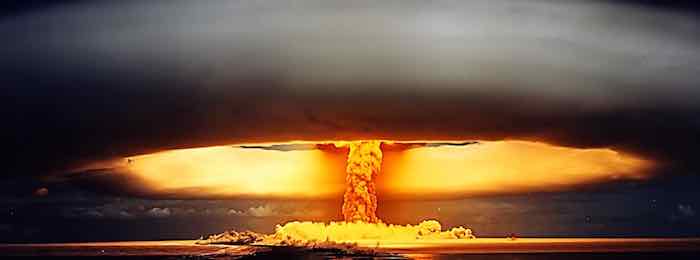By Dan Calabrese ——Bio and Archives--February 3, 2017
American Politics, News | CFP Comments | Reader Friendly | Subscribe | Email Us

Congressional aides said Trump's administration had already begun looking at actions it could take without waiting for Congress. For example, Trump could impose sanctions authorized by laws passed but not put into effect by the Obama administration, which reached the agreement between Iran, the United States and other world powers. Corker said he had discussed Iran at the White House with Trump's national security adviser, Michael Flynn, on Wednesday, just before Flynn issued a warning that Washington was putting Iran on notice for its "destabilizing activity." Corker said the Trump administration would take a stronger stance against Iran, although he did not expect its actions would bring an end to the international nuclear deal. "The administration, thankfully, is going to follow through on appropriately holding Iran accountable for the violations that are taking place," he told Reuters.
Highlighting the Trump administration's more aggressive tone against Iran, Trump sent messages on Twitter on Wednesday and Thursday targeting the Islamic republic and criticizing the nuclear pact. On Thursday, Trump told reporters "nothing is off the table" in dealing with Iran. Another senior Republican foreign policy voice, Senator Lindsey Graham, told CNN he thought Trump should go to Congress to request additional sanctions for a range of activities in the Middle East, including a ballistic missile test last weekend, which he said were not in U.S. interests.If you haven't already picked this up and gotten used to it, you can expect this to be a Trump pattern when it comes to signalling his intentions on any matter. He won't really tell you what he will or won't do, but he'll leave open the most extreme possibility and sound just comfortable enough with it that you get the jitters wondering if he would actually do it. He wouldn't. Would he? Would he? Gulp. Trump talked during the campaign about tearing up the Iran nuclear deal on his first day in office, and he can. It is not a Senate-ratified treaty, so it has no force of U.S. law behind it. Where it's complicated is that five of our allies have ended economic sanctions in accordance with the deal, and we would only have so much effect if we tried to re-impose sanctions unilaterally.
Support Canada Free Press


View Comments
Dan Calabrese’s column is distributed by HermanCain.com, which can be found at HermanCain
Follow all of Dan’s work, including his series of Christian spiritual warfare novels, by liking his page on Facebook.